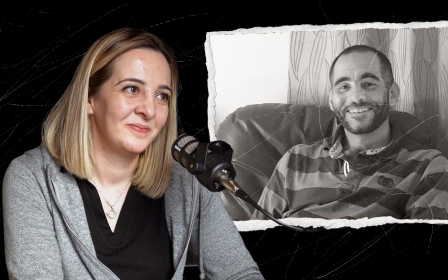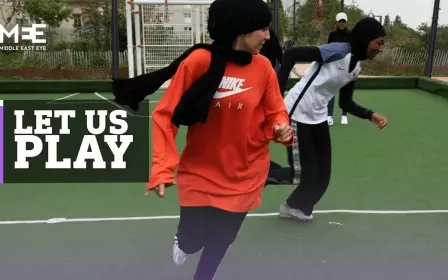Muslims in Indian cities barred from offering Ramadan prayers
Published date: 20 April 2023 19:08 BST
|
Last update: 1 year 3 months ago
Muslims in Noida, Uttar Pradesh, have been barred from performing Taraweeh night prayers during the holy month of Ramadan, following objections from Hindu residents.
Despite a ban on public gatherings, Hindu festivals like Ram Navmi and Hanuman Jayanti witnessed large processions in the area. Muslim community members have faced ongoing discrimination, with incidents of arrests, hate speech, and lynchings creating a sense of fear and division in the country.
Ahmad Hussain, a local resident, recalls being humiliated while offering prayers in a commercial mart near his society. Hindu residents disrupted Muslim prayers by playing Bhajans (Hindu religious songs) and chanting Hanuman Chalisa. The situation escalated further when Hindu residents demanded that outsiders be barred from joining the prayers.
These incidents highlight the growing religious intolerance in India, with Muslims feeling increasingly targeted and unsupported by their neighbours. As elections approac, tensions continue to rise, with some arguing that these events are orchestrated to mobilise voters around a majoritarian platform.
Despite a ban on public gatherings, Hindu festivals like Ram Navmi and Hanuman Jayanti witnessed large processions in the area. Muslim community members have faced ongoing discrimination, with incidents of arrests, hate speech, and lynchings creating a sense of fear and division in the country.
Ahmad Hussain, a local resident, recalls being humiliated while offering prayers in a commercial mart near his society. Hindu residents disrupted Muslim prayers by playing Bhajans (Hindu religious songs) and chanting Hanuman Chalisa. The situation escalated further when Hindu residents demanded that outsiders be barred from joining the prayers.
These incidents highlight the growing religious intolerance in India, with Muslims feeling increasingly targeted and unsupported by their neighbours. As elections approac, tensions continue to rise, with some arguing that these events are orchestrated to mobilise voters around a majoritarian platform.
Middle East Eye delivers independent and unrivalled coverage and analysis of the Middle East, North Africa and beyond. To learn more about republishing this content and the associated fees, please fill out this form. More about MEE can be found here.










